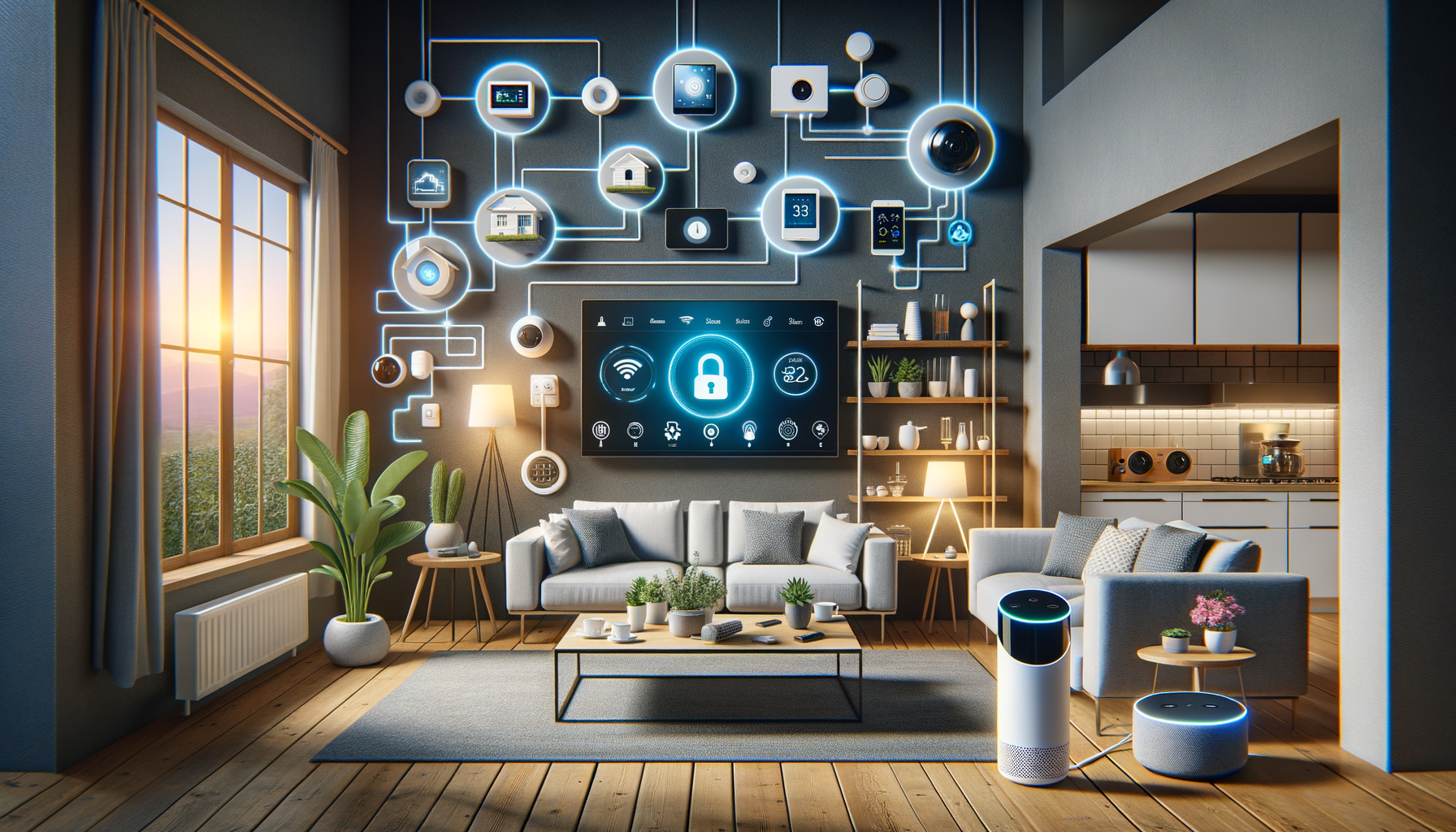Introduction to Smart Technology
Smart technology has revolutionized the way we interact with our environments, making everyday tasks more efficient and convenient. By integrating advanced technology into household items, smart homes offer personalized experiences that cater to individual preferences and needs. This technology encompasses a wide range of devices, from smart thermostats and lighting systems to security cameras and voice-activated assistants. The relevance of smart technology lies in its ability to enhance comfort, security, and energy efficiency, making it a valuable addition to modern living.
Energy Efficiency and Cost Savings
One of the most significant advantages of smart home technology is its potential for energy efficiency and cost savings. Smart thermostats, for instance, learn homeowners’ schedules and adjust temperatures accordingly, reducing energy consumption. These devices can also be controlled remotely, allowing for adjustments when away from home. Similarly, smart lighting systems can be programmed to turn off when a room is unoccupied, further conserving energy. The financial benefits are evident as well, as these energy-saving measures lead to lower utility bills. By optimizing energy use, smart technology not only benefits the wallet but also contributes to environmental sustainability.
Enhancing Home Security
Security is a top priority for many homeowners, and smart technology offers innovative solutions to enhance home safety. Smart security cameras provide real-time monitoring and can be accessed remotely via smartphones or tablets. These cameras often come with motion detection and night vision capabilities, ensuring comprehensive surveillance. Additionally, smart locks offer keyless entry options, allowing homeowners to control access to their homes from anywhere. Features like these provide peace of mind and a higher level of security, making smart technology an essential component of modern home protection.
Convenience and Comfort
Smart home technology significantly enhances convenience and comfort within the household. Voice-activated assistants, for example, allow users to control various devices with simple voice commands, from playing music to adjusting the thermostat. Smart appliances, such as refrigerators and ovens, can be programmed to operate at specific times, streamlining daily routines. Moreover, personalized settings for lighting, temperature, and entertainment systems create a tailored living environment. The seamless integration of these devices into daily life exemplifies how smart technology transforms homes into more comfortable and convenient spaces.
The Future of Smart Technology
The future of smart technology is promising, with continuous advancements on the horizon. As technology evolves, we can expect even more sophisticated devices that further integrate artificial intelligence and machine learning. These advancements will likely lead to more intuitive and responsive systems that anticipate user needs and preferences. Additionally, the expansion of the Internet of Things (IoT) will connect more devices, creating a more cohesive smart home ecosystem. As smart technology becomes more accessible and affordable, its adoption will continue to grow, shaping the future of home living in unprecedented ways.
Conclusion: Embracing Smart Technology
For homeowners looking to enhance their living spaces, smart technology offers a multitude of benefits, from increased energy efficiency and security to unparalleled convenience and comfort. As we move towards a more connected world, embracing smart technology is not just a trend but a step towards a more efficient and enjoyable lifestyle. By investing in smart home devices, homeowners can create personalized environments that cater to their unique needs and preferences, making everyday life more manageable and enjoyable.



Leave a Reply